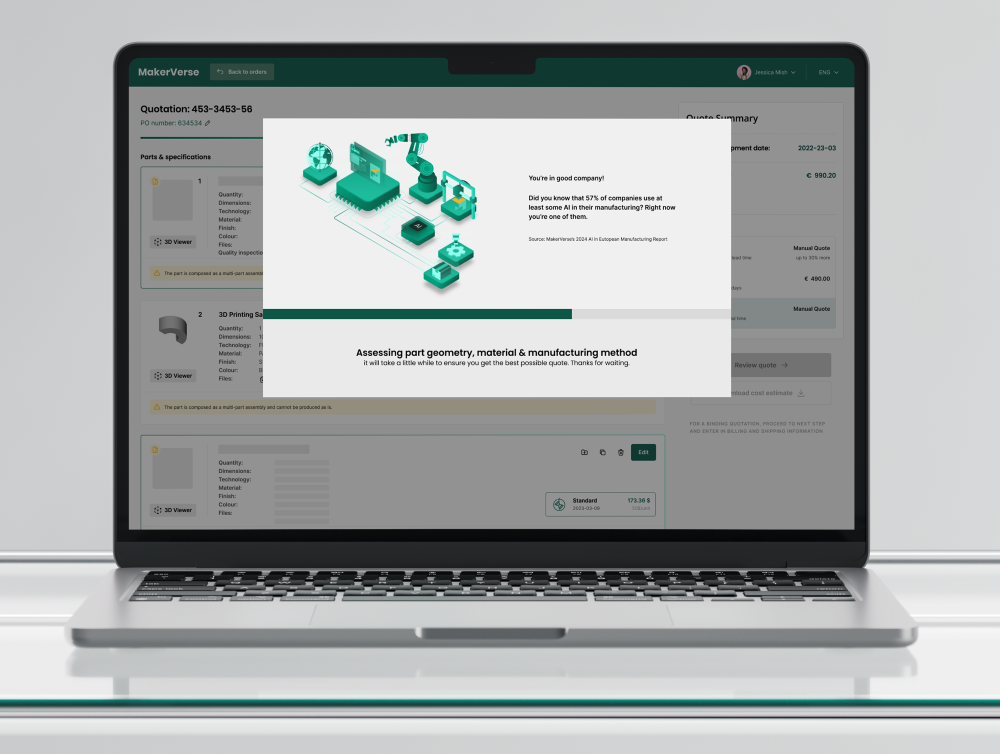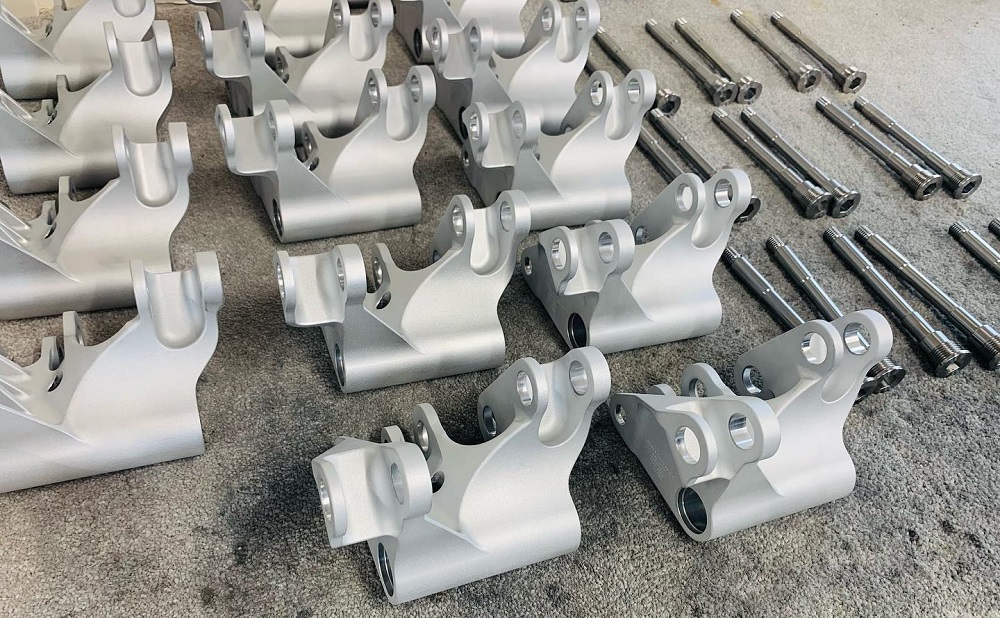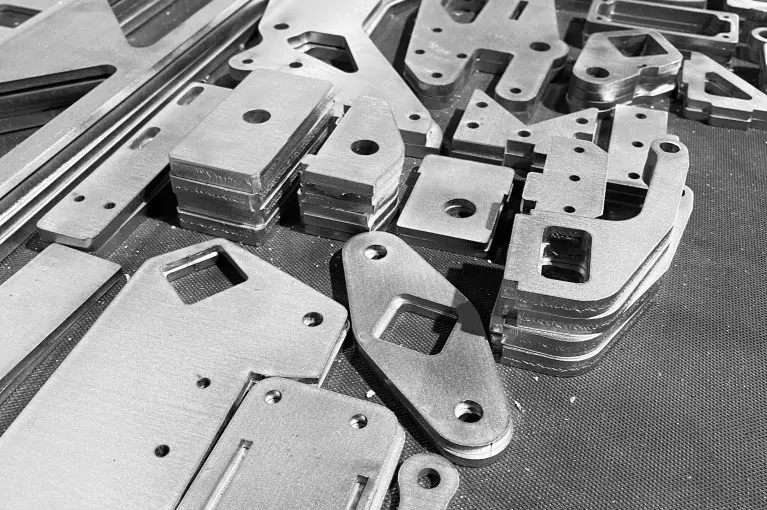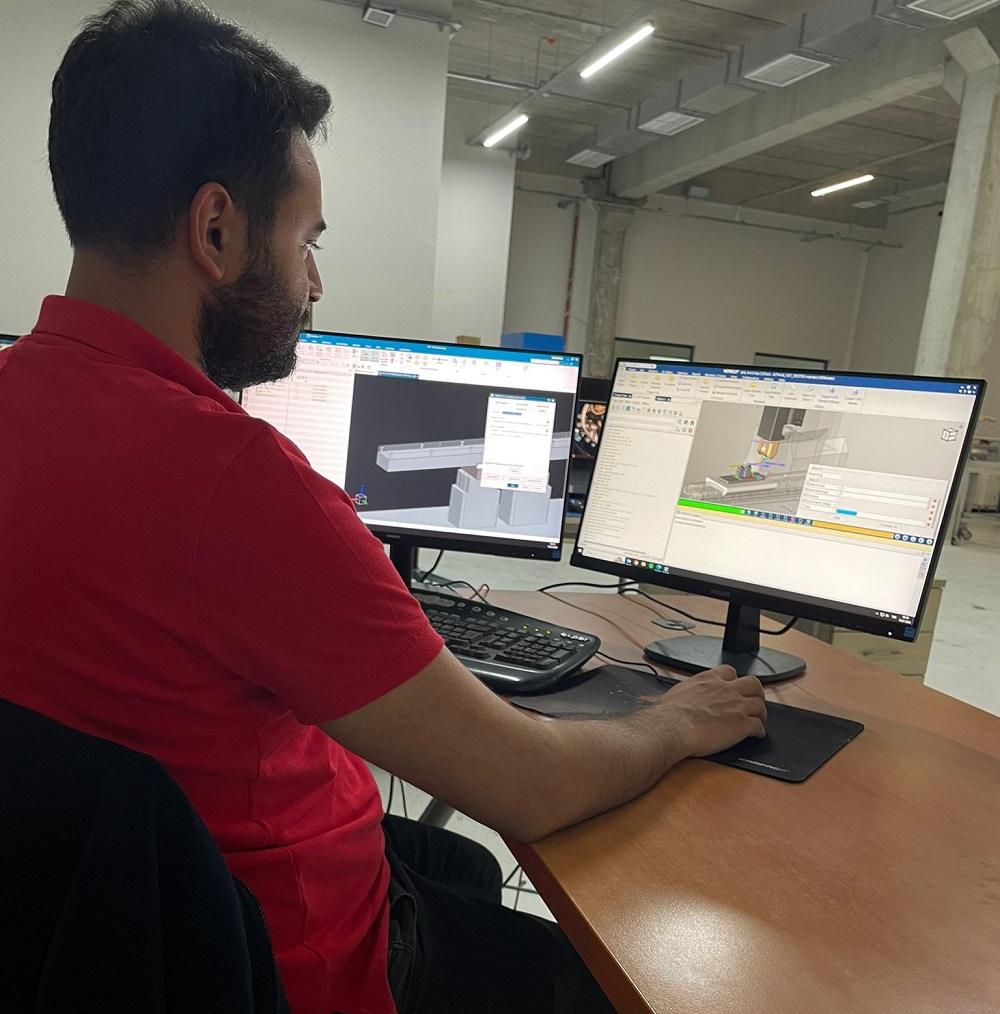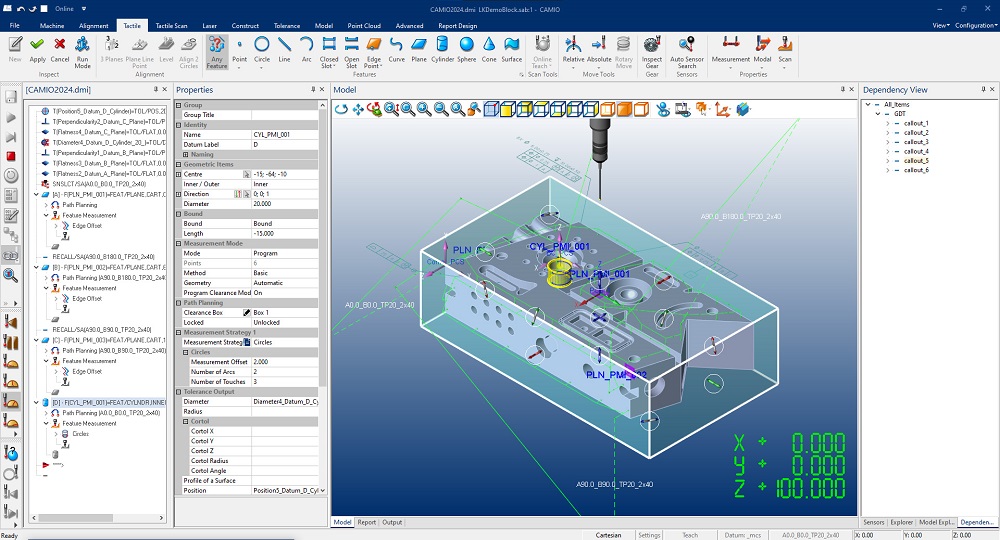MakerVerse, a platform for sourcing industrial parts, is releasinga new version of its AI-based automatic pricing technology. The latestversion enables precise and customisable auto-quotes for CNCmanufactured parts, taking into account full component specifications based on 2D drawings. Auto quoting is available for over 150 materials and 35 different surface finishes.
According to MakerVerse, the automatic pricing feature is the first of its kind due to its approach to extracting and analysing geometric metadata from 3D files and product manufacturing information (PMI) from traditional 2D technical drawings. This dual extraction process automatically configures all requirements, features and tolerances, saving time and manual errors. MakerVerse’s approach guarantees that the price reflects the exact specifications defined by the customer rather than using general tolerances and standards.
“By integrating advanced AI technologies, we can fully understand the part design and extract critical manufacturing information directly from customer files,” says Markus Seibold, CEO of MakerVerse. “This capability allows us to provide a price for the component exactly as defined by the customer, ensuring precision and consistency from design to delivery.”
Using the combined geometric and PMI data, MakerVerse’s CNC pricing engine generates a quote for the part in minutes.
“By automating the pricing process and leveraging detailed data extraction, we not only increase efficiency but also provide our customers with precision and reliability in their manufacturing processes,” states Manish Katoch, CTO of MakerVerse.
While the current system generates a price in minutes, MakerVerse is already working on reducing this process to seconds. This next innovation will enhance the user experience further by providing immediate pricing feedback, enabling faster decision-making and streamlined procurement processes.
More information www.makerverse.com






